More Than Amazing Moringa
A new superfood has emerged! The “Tree of Life,” Moringa oleifera, is also called the “miracle tree.” In 2008, it was declared “plant of the year.”
Moringa is creating quite a stir because of its many health and healing properties. It may seem like a newcomer to the elite superfoods category, but the many benefits of Moringa have actually been recognized for hundreds of years in many different cultures. Other names for it are “the horseradish tree,” “the drumstick tree,” and “the Ben Oil Tree.”
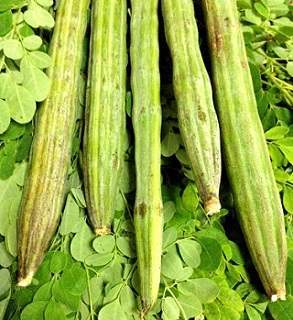 A native of South Asia, this resilient tree easily flourishes even in dry, sandy soil. It has also thrived in tropical areas in South America and Africa. Stick a branch to the soil and it will grow. Cut off its branches and see new ones spring up rapidly, in only a matter of days. Indeed, Moringa seems determined to survive in order to ensure that the world is not deprived of its many benefits. And its benefits are astounding! Consider this: Moringa leaves have 4 times more calcium than milk, 4 times more vitamin A than carrots, 3 times more potassium than bananas, 2 times more protein than yogurt, and 7 times more vitamin C than oranges!
A native of South Asia, this resilient tree easily flourishes even in dry, sandy soil. It has also thrived in tropical areas in South America and Africa. Stick a branch to the soil and it will grow. Cut off its branches and see new ones spring up rapidly, in only a matter of days. Indeed, Moringa seems determined to survive in order to ensure that the world is not deprived of its many benefits. And its benefits are astounding! Consider this: Moringa leaves have 4 times more calcium than milk, 4 times more vitamin A than carrots, 3 times more potassium than bananas, 2 times more protein than yogurt, and 7 times more vitamin C than oranges!
People in India, Thailand, the Philippines, Taiwan and many places in Africa have used Moringa‘s leaves, pods, seeds, roots and flowers in their cooking. It has also been used to make teas and juices. As a cooked vegetable, it has no dominant flavor, although it imparts some bitterness when consumed raw. Moringa leaves have been observed to improve the overall palatability of a dish.
The cultures familiar with Moringa have also known of its medicinal properties for a long time. Ancient Indian ayurvedic medicine claims that Moringa heals 300 illnesses. Scientific research is beginning to confirm this. Indeed, Moringa’s superfood status is not only attributed to its exceptional nutritional content. Its healing properties cannot be overlooked. Here are only some of Moringa’s numerous medicinal benefits:
- It boosts as well as sustains energy in the body, stabilizes blood sugar and lowers blood pressure.
- It can be used to soothe anxiety and aid in sleep.
- It boosts the immune system and helps the body fight off infections.
- It improves digestion.
- It has natural antibacterial, anti-fungal and anti-inflammatory properties.
- It can be used to treat diarrhea, arthritis and even gonorrhea.
- It has anti-parasitic properties.
- It improves lactation and is helpful to mothers who are breastfeeding.
- It is a cure for anemia.
Science is only beginning to discover what this amazing plant can do. The oil from Moringa seeds is called Ben Oil, which is much preferred over other oils for many purposes . This oil is used for food, cosmetics and even industrial purposes. Moringa also stands beside soy as one of the few plant sources of protein that may be considered complete. This is quite a feat as soy protein had for many decades been considered as the only complete protein from plants. To top this all, Moringa has no known adverse effects and some believe it may be the answer to the problem of malnutrition in the world.

 Subscribe Now
Subscribe Now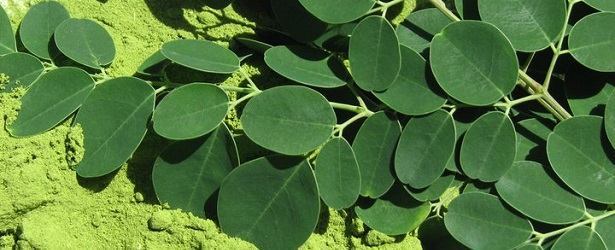
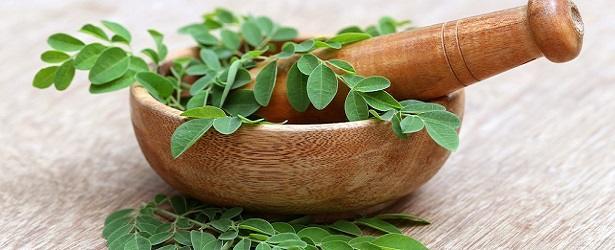
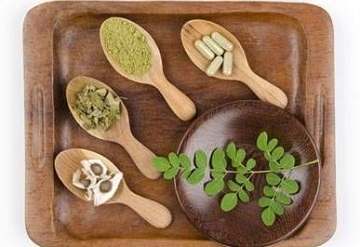
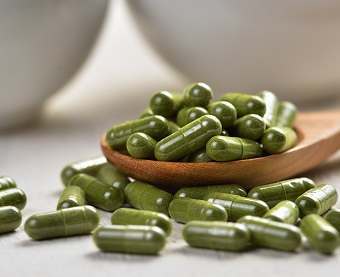 Perhaps only newly-recognized in the West, this wonder-plant is now being made available in countries like the United States. It is becoming an enterprise that supports women, small-scale famers and cooperatives. Marketers and distributors of Moringa make sure that there is always an adequate supply left for the local consumers. Most notable is the role Moringa plays in fighting malnutrition. Malnourished children have been observed to gain weight when fed moringa in porridge. It is also being used as a health supplement for patients who are HIV-positive. Moringa helps build up the body’s ability to fight off disease. It is also now an ingredient in cosmetics, soaps, shampoos and lotions, as it beautifying effects have also been discovered. It has also been found to boost men’s sperm-cell counts. Lately, it has also proven effective in managing body weight, blood pressure and cholesterol levels. Moringa also has anti-cancer and anti-tumor properties.
Perhaps only newly-recognized in the West, this wonder-plant is now being made available in countries like the United States. It is becoming an enterprise that supports women, small-scale famers and cooperatives. Marketers and distributors of Moringa make sure that there is always an adequate supply left for the local consumers. Most notable is the role Moringa plays in fighting malnutrition. Malnourished children have been observed to gain weight when fed moringa in porridge. It is also being used as a health supplement for patients who are HIV-positive. Moringa helps build up the body’s ability to fight off disease. It is also now an ingredient in cosmetics, soaps, shampoos and lotions, as it beautifying effects have also been discovered. It has also been found to boost men’s sperm-cell counts. Lately, it has also proven effective in managing body weight, blood pressure and cholesterol levels. Moringa also has anti-cancer and anti-tumor properties.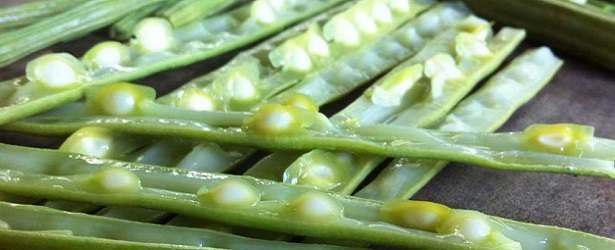
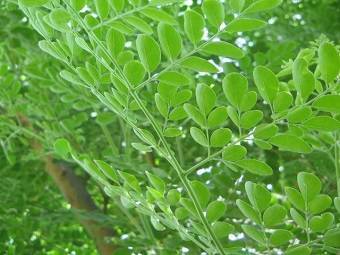 Is Moringa really everything it is claimed to be? Let’s get the facts straight on
Is Moringa really everything it is claimed to be? Let’s get the facts straight on 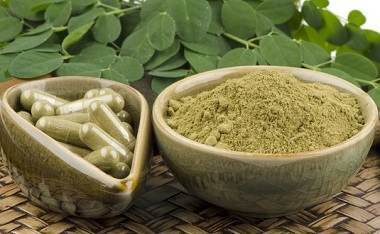 Moringa is said to contain 92 nutrients, 46 antioxidants, 36 anti-inflammatory compounds, and 18 amino acids, 9 of which are essential amino acids. With so many important nutrients and healing elements in Moringa, it’s no wonder it can address a multitude of illnesses.
Moringa is said to contain 92 nutrients, 46 antioxidants, 36 anti-inflammatory compounds, and 18 amino acids, 9 of which are essential amino acids. With so many important nutrients and healing elements in Moringa, it’s no wonder it can address a multitude of illnesses.
 Moringa Tree will also be useful for someone experiencing stress or depression because of poor nutrition. That’s because Moringa Tree provides lots of protein, an array of important vitamins and minerals, and all the essential amino acids.
Moringa Tree will also be useful for someone experiencing stress or depression because of poor nutrition. That’s because Moringa Tree provides lots of protein, an array of important vitamins and minerals, and all the essential amino acids.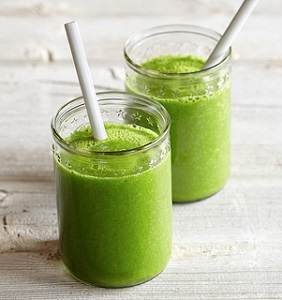 Moringa powder is easy to use because you can add it to smoothies, or stir a little in fruit juice, or sprinkle it on salads or mix it into salad dressing. Moringa tastes somewhat peppery and not everyone likes the taste. If you find that you don’t, use it in smoothies where you also add a little fruit to mask the flavor of the Moringa.
Moringa powder is easy to use because you can add it to smoothies, or stir a little in fruit juice, or sprinkle it on salads or mix it into salad dressing. Moringa tastes somewhat peppery and not everyone likes the taste. If you find that you don’t, use it in smoothies where you also add a little fruit to mask the flavor of the Moringa.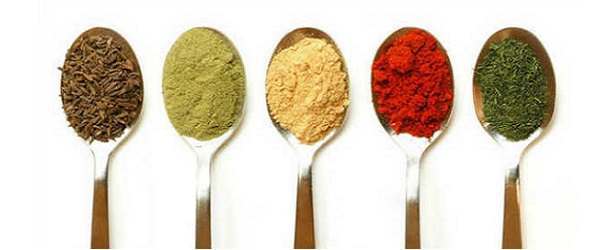
 Some, like bee pollen and
Some, like bee pollen and 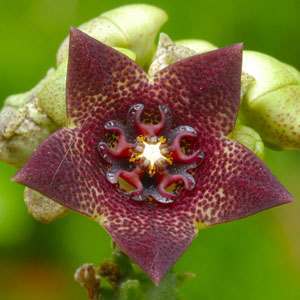 Caralluma Fimbriata
Caralluma Fimbriata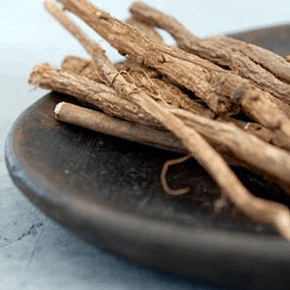
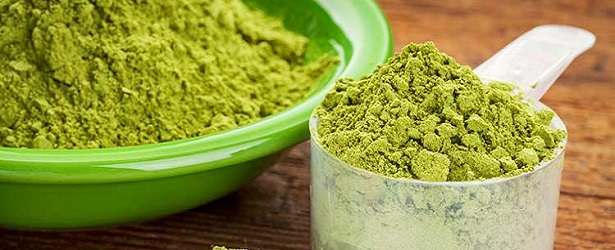
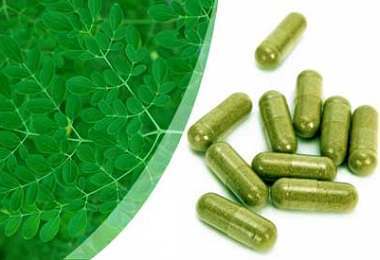


 But it turns out that isn’t true.
But it turns out that isn’t true.

 How is that possible? Maybe the experts don’t have all the facts. Maybe we are eating more and exercising less, but health experts don’t think so.
How is that possible? Maybe the experts don’t have all the facts. Maybe we are eating more and exercising less, but health experts don’t think so. Pay attention to your surroundings. For example, use glass containers for food instead of plastic wrap. And think about your home. For example, do you use chemical air fresheners? Take a trip to the library and you’ll find lots of information on how to live with fewer pollutants.
Pay attention to your surroundings. For example, use glass containers for food instead of plastic wrap. And think about your home. For example, do you use chemical air fresheners? Take a trip to the library and you’ll find lots of information on how to live with fewer pollutants.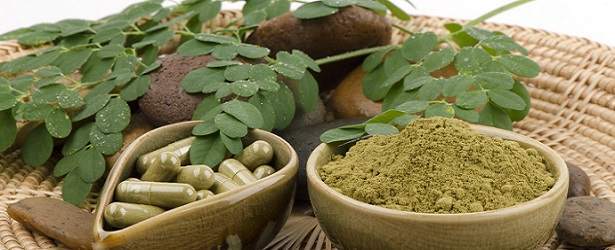
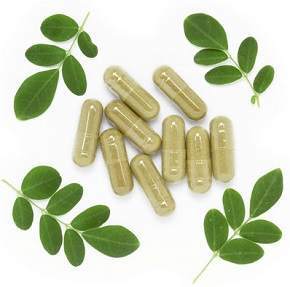 For example, the leaves provide vitamin C and beta-carotene, protein, vitamin B6 and riboflavin, calcium, potassium, and iron. While the leaves are more nutritious than the pods, one serving of the pods contains more than a day’s supply of
For example, the leaves provide vitamin C and beta-carotene, protein, vitamin B6 and riboflavin, calcium, potassium, and iron. While the leaves are more nutritious than the pods, one serving of the pods contains more than a day’s supply of 

 Pregnant women need to be aware that eating the roots, bark, or flowers can bring on uterine contractions, possibly leading to miscarriage, and some experts think Moringa might not be safe for infants. So if you’re pregnant or nursing, talk to your doctor before ingesting Moringa Tree, and before using the oil on your skin.
Pregnant women need to be aware that eating the roots, bark, or flowers can bring on uterine contractions, possibly leading to miscarriage, and some experts think Moringa might not be safe for infants. So if you’re pregnant or nursing, talk to your doctor before ingesting Moringa Tree, and before using the oil on your skin.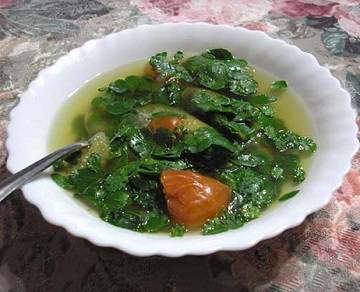 Next is something to keep in mind for a time when you might need it. One of the qualities of Moringa is it has a laxative effect, with the likelihood of this increases along with the amount you ingest, and especially if your body isn’t accustomed to the food. You could also experience gas, diarrhea, or heart burn.
Next is something to keep in mind for a time when you might need it. One of the qualities of Moringa is it has a laxative effect, with the likelihood of this increases along with the amount you ingest, and especially if your body isn’t accustomed to the food. You could also experience gas, diarrhea, or heart burn.